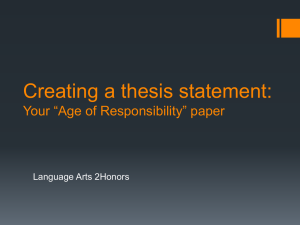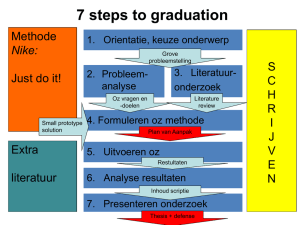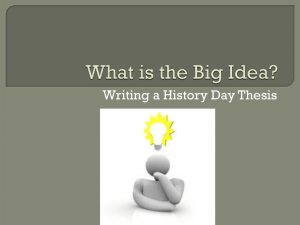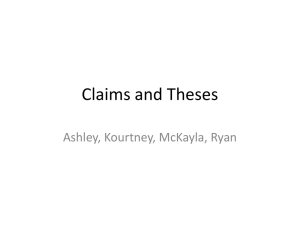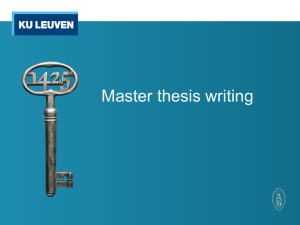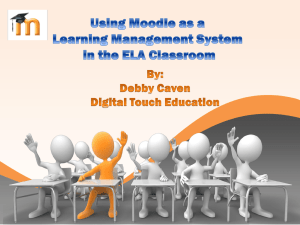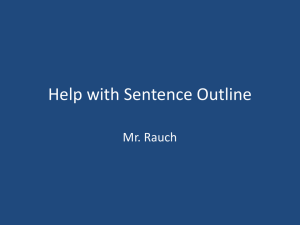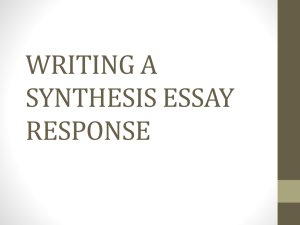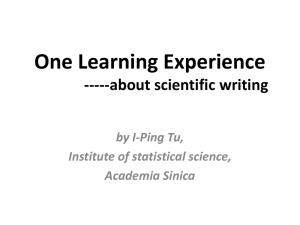Argumentative Module
advertisement
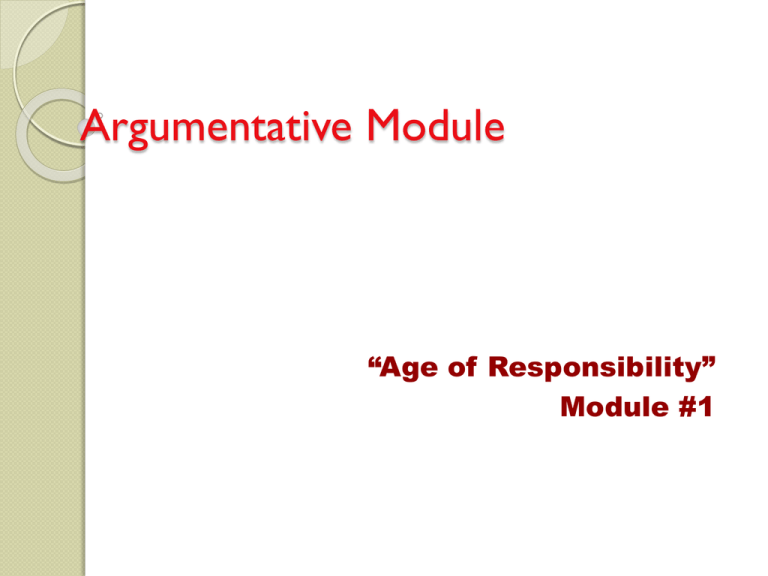
Argumentative Module “Age of Responsibility” Module #1 Standard Goals Learners determine the meaning of words in text; analyze impact of specific word choices on meaning and tone. Learners delineate and evaluate the argument and specific claims in a text and assess whether the reasoning is valid and the evidence is relevant; learners identify fallacious statements and reasoning. Students develop and strengthen writing, they write arguments to support claims while using valid reasoning and relevant and sufficient evidence. Activity 1- Getting Ready to Read Quickwrite Rites Think of a time when you were told that you were not old enough to do something. How did you feel? Did you have any influence or say in that decision? Did you agree or disagree with the decision and the reasoning be hind it? Why? Use the space below to type your response. Activity 2- How Old Must I Be? Activity 1. Legal Age USA (guess) Drink alcohol 2. Drive a car (with license) a 3. Serve in the military 4. Attend school (upper required limit) 5. See R-rated movies 6. Vote 7. Get married (without parental consent) 8. Get an abortion (without parental consent) 9. Make personal finance decisions 10. Get a tattoo Legal Age California Is this the appropriate age? Why or why not? Activity 3-Exploring Key Concepts -Four Corners The following excerpt from a New York Times Learning Network blog is a response to the question . “When should a person be considered an adult?” “I believe that at the age of 21 people should legally be considered adults. I say this because at 18 people are not allowed to consume alcohol for a reason, but at 21 it is legal, so it probably means that 18 year olds can’t handle alcohol yet. So why are they considered adults? Another thing is the whole word eight-TEEN basically says that people are still teens not adults. And the fact that most 18 year olds still live with their parents tells you that they are not able to care for themselves yet.” Stand by the corner that best describes your response to the blog post above: Strongly Agree / Agree / Disagree / Strongly Disagree Activity 3-QuickWrite 5. Do you still feel the same way, or have you changed your opinion somewhat? Explain. When should a person be considered an adult? Pair-share Activity 4-Surveying the Text What do the title and subheading of Greenblatt’s article, “What is the Age of Responsibility?,” tell you about the topic of this article? 2. What can you tell about the article by looking at its length and the length of its paragraphs: Will it be difficult or easy? Why? 3. What do you think is the purpose of this article—to entertain, inform, or persuade readers? 1. Activity 5 Making Predictions and Asking Questions Read the first two paragraphs and the last paragraph. Predict what the article will be about. Will the article take a strong position on the issue? Briefly explain your answer. Activity 6-Key Vocabulary Word 1. 2. 3. 4. 5. 6. 7. 8. 9 10. 11. Paragraph Definition Activity 7 -Vocabulary Quiz “May I have the car keys?” is a familiar refrain to many parents of teenagers, and although it is almost a cliché for older adults, it may come as a to many that the under-eighteen increasingly more difficult to participate in this quintessentially American is finding it of passage—taking the car out for a spin without mom or dad in the passenger seat. this question might be: “My probationary year was up A 2011 last week, so I’m going to pick up Jack and Jill and drop them off before the curfew . . . Can I have the car keys?” The Graduated Driver’s License (GDL) may be setting a for policies regulating the of young people’s rights. But, could this approach really work with, say, teens and alcohol? Binge drinking is___________ at many college campuses, and the majority of drinkers are likely underage. Supporters of a lowered drinking age believe that forcing young people to wait until they are 21 is to encouraging them to party in unsafe and secretive situations. Those who oppose lowering it to match the social reality say it would be and dangerous, claiming that moving the drinking age to 18 would actually be pushing the limit towards 15 and 16 year olds. Regardless, many experts are suggesting a less ___, more understanding approach to the rights of minors in the hopes of teaching them to take on more responsibility, even as they seek more freedoms. Activity 8 -Reading to Understand/ Close Reading 1. 2. 3. Highlight the ideas you are confused about (in a different color than your vocabulary words). Underline the points that seem to be main ideas. Next to the confusions that you highlighted, write in the right- hand margin any questions you have about meaning. Complete the reading on your own, or as instructed by your teacher. 4. If you find any sentences that could be the author’s thesis, write “thesis” in the right hand margin. 5. Look back at your prediction for the purpose of this article. Did it entertain, inform, or attempt to persuade? Author’s thesis: 6. Does Greenblatt have an explicit (stated) thesis anywhere in the article? If so, write it down. 7. If not, is his point of view on the age of responsibility implicit (implied) throughout the article? What is his opinion on the age of responsibility? Activity 9 -Descriptive Outlining You will be assigned to small groups and with assigned sections C through L. Your teacher will guide you through sections A and B. The first task is to determine and write the purpose(s) for each section. • “Purpose” refers to the author’s reason for including those paragraphs, as well as the function they serve in the article. Activity 10 Noticing Language 3 R’s Rites Rights Responsibility Definition Give 2 Examples Activity 11 Thinking Critically- Ethical Questions (Ethos) 1. Who is this author? What can you tell from the information in the text? Does he or she have the background to speak with authority on this subject? 2. If you were going to do an Internet background check on this author, what would you want to find out? 3. What sort of ethos does this writer try to project in this article? What devices does he or she use to project this ethos? 4. Do you trust this author? Do you think this author is deceptive? Why or why not? Thinking Critically --Emotional Effects (Pathos) 1. Does this piece affect you emotionally? What parts? In what ways? 2. Do you think the author or any of his sources are trying to manipulate your emotions? How? 3. Do your emotions conflict with your logical interpretation of the arguments? In what ways? Thinking Critically—Logical questions (Logos) Can you think of counterarguments that the author doesn’t deal with? Do you think the author has left something out on purpose? Why or why not? Activity 12 Analyzing Greenblatt’s Sources Source Justin McNaull (1-2) State and local lawmakers and judges (6, 10-11) Franklin Zimring (11) Jack McCardell (12-13) Alexander Wagenaar (14) Laurence Steinberg (20) John D’Amico (26-27) Ronald Dahl (28) Robert Epstein (29) Does his/her opinion support or oppose Greenblatt’s stance? Does his/her opinion rely more on ethos, logos or pathos? Activity 13: Considering the Writing Task Assignment: What is the age of responsibility? That is, when should a person be considered to be an adult? Use your notes, readings, observations and experience to support your position. In your response, be sure to consider all three “R’s” (rites, rights, and responsibilities) involved in becoming a mature person, an adult. Activity 14:Taking a Stance—Quick-write In the space below answer the following: Where would you draw the line to separate adulthood from childhood? Why? Do you think there is one age that could be established as the threshold for everything from drinking to driving to fighting in the military to watching an R-rated movie? Why or why not? Activity 15-Taking a Stance /Formulating a Working Thesis Topic: What is the age of responsibility? That is, when should a person be considered an adult? Use your notes, readings, observations and experience to support your position. In your response, be sure to consider all three “R’s” (rites, rights, and responsibilities) involved in becoming a mature person, an adult. 1. Identify the subject of your paper 2.Turn your subject into a guiding question 3.Answer your question with a statement 4. Refine this statement into a working thesis Activity 16: Taking a Stance—Guiding Questions 1. What is your thesis? 2. What support have you found for your thesis? 3. What evidence have you found for this support (e.g., facts, statistics, statements from authorities, personal experience, anecdotes, scenarios, and examples)? 4. How much background information do your readers need to understand your topic and thesis? 5. If readers were to disagree with your thesis or the validity of your support, what would they say? How would you address their concerns? (What would you say to them?) 6. Think about what most people know and think about the topic of your paper. If you want to change the opinions of the audience, you will need to think about persuasive techniques, both logical and emotional.
